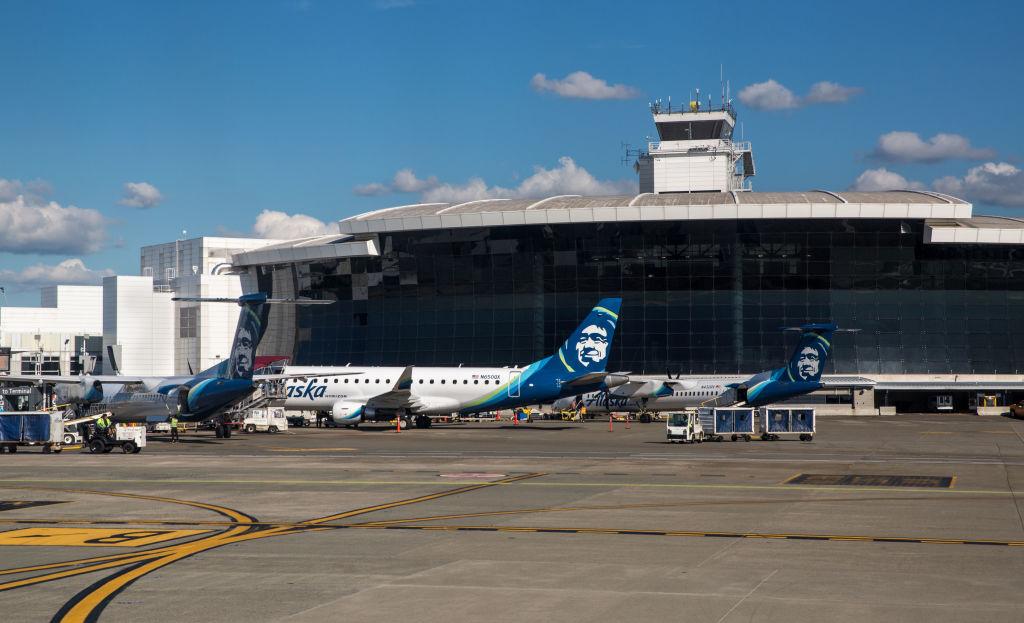
Alaska Airlines has revised down its capacity guidance for the first half of 2022, citing a “sharp rise” in fuel prices.
Whereas the Seattle (SEA)-based carrier had previously planned to operate around 100% of 2019 capacity levels for the first half of the year, it now expects first-half capacity to be down 3%-5% versus the first six months of 2019.
Just as the airline was emerging from the demand hit caused by the omicron variant of COVID-19, Russia’s invasion of Ukraine is the latest factor driving up fuel prices that were already high in an inflationary environment.
In a filing this week with the US Securities and Exchange Commission, Alaska said “the recovery path [from the COVID-19 crisis] has been volatile and difficult to predict.” It noted this is not the first time since the start of the pandemic two years ago that “circumstances no longer support the plans” the carrier had previously announced.
“Fuel prices have been volatile as a result of the conflict in Europe and Russia's ongoing invasion of Ukraine,” Alaska said in the filing. “As a result, we expect our first quarter economic fuel cost to be $2.60 to $2.65 per gallon versus our prior expectation of $2.45 to $2.50 per gallon.”
The airline’s 2022 capacity restoration has been more tepid than airline executives forecast in the 2021 fourth quarter. The downgrading of 2022 first-half capacity plans is already the second time this year Alaska has revised capacity plans. In January, the airline said it was “resetting for the new year” by slashing its January departures 10%, a move Alaska said was necessitated by the surge in COVID-19 cases then wreaking havoc with airline staffing and schedules.
Nevertheless, the carrier continues to forecast crossing the full 2019-capacity-level threshold this summer. “We continue to plan for a return to 100% of pre-COVID capacity by summer followed by growth in the second half of the year, and will continue to prudently adjust capacity as necessary in response to the evolving fuel environment,” the airline said in the filing.





